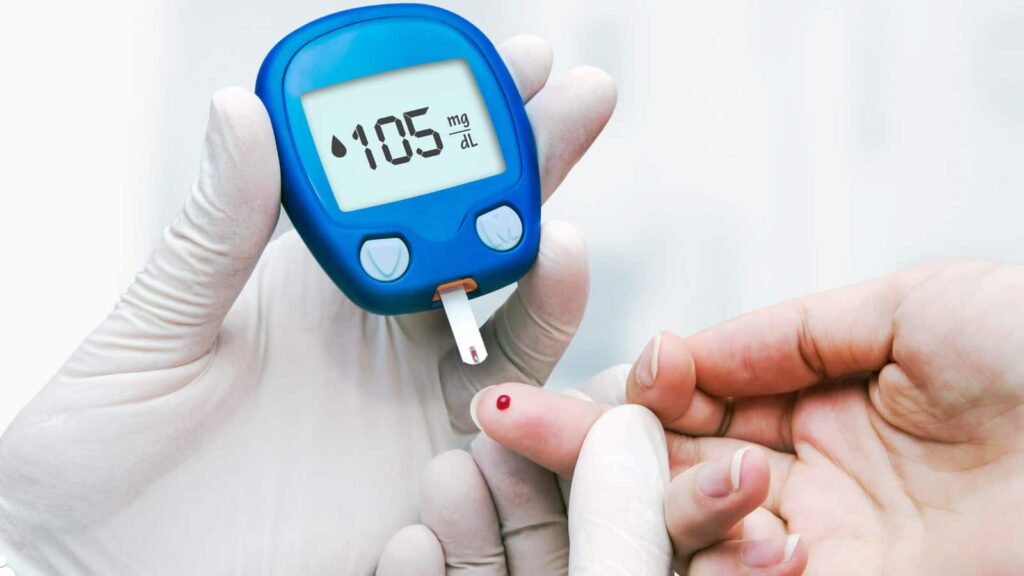Ramadan is a sacred month in the Muslim faith, marked by fasting and deep spiritual reflection. This year, Ramadan commenced on March 2, and the global Muslim community is observing this time-honored tradition. During this month, many individuals partake in fasting from dawn until sunset, which poses unique challenges, particularly for those living with diabetes. Nonetheless, diabetic patients can also observe the fast, provided they take certain precautions to ensure their health and well-being.
Understanding Fasting in Ramadan
Fasting during Ramadan is an important aspect of Islamic practice, fostering spiritual growth, self-discipline, and a sense of community. It typically involves abstaining from food and drink from pre-dawn (Suhoor) until sunset (Iftar).
The Importance of Suhoor and Iftar
- Suhoor: This pre-dawn meal is vital for sustaining energy throughout the day. It should be balanced and nutritious, incorporating complex carbohydrates, proteins, and healthy fats.
- Iftar: The meal to break the fast should be hydrating and rich in nutrients to replenish energy. It is essential to consume enough fluids to avoid dehydration.
Precautions for Diabetic Patients
While fasting can be challenging for diabetic individuals, following certain guidelines can help manage their condition effectively while participating in Ramadan fasting.
Key Guidelines for Diabetic Fasters
| Precaution | Details |
|---|---|
| Consult a Healthcare Professional | Before Ramadan, individuals should consult their doctor to establish a safe fasting plan. |
| Monitor Blood Sugar Levels | Frequent checks of blood sugar levels should be conducted to avoid hypoglycemia or hyperglycemia. |
| Choose the Right Foods | Focus on low-GI foods such as whole grains, legumes, fruits, and vegetables to maintain stable blood sugar levels. |
| Stay Hydrated | Drink plenty of water between Iftar and Suhoor to prevent dehydration. |
| Avoid Overeating | Break the fast with moderation, starting with dates and water, and then consuming a balanced meal. |
Potential Risks of Fasting for Diabetics
Fasting can pose specific risks for those with diabetes, including:
- Hypoglycemia: A drop in blood sugar levels, which can occur if medication is not adjusted appropriately.
- Hyperglycemia: Elevated blood sugar levels due to excessive consumption of sugary foods during Iftar.
- Dehydration: Insufficient fluid intake can lead to dehydration, making it important to manage water consumption carefully.
Conclusion
Fasting during Ramadan offers a chance for spiritual reflection and community involvement. For diabetic patients, it is crucial to approach fasting with caution and proper preparation. By adhering to medical advice and maintaining a balanced diet, individuals with diabetes can observe Ramadan safely and meaningfully. This month can be a time of deep faith and connection, even for those managing health conditions.
